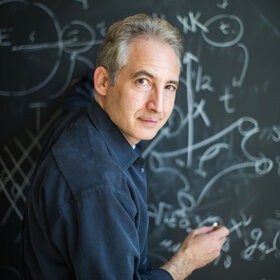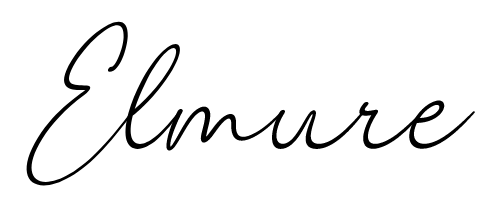Book Recommendations from Brian Greene

Brian Greene is known for making the abstract tangible—from quantum theory to multiverse speculation. His reading list reflects that mission: to deepen our understanding of reality while celebrating the beauty of discovery. These books explore the cosmos, consciousness, evolution, and the stories that science tells us about ourselves. They’re rigorous, poetic, and often profound. If you’re seeking science with soul, Greene’s recommendations are a masterclass in curiosity.
Books Brian Greene Recommends

*The First Three Minutes* explains the beginning of the universe—from the Big Bang to the formation of atoms—with scientific precision and historical insight. Greene calls it a pioneering book that inspired an entire generation of physicists. Weinberg’s narrative brings particle physics and cosmology into one elegant sweep. It’s short, but its impact is huge—both intellectually and emotionally. A timeless classic for anyone curious about how everything began.

*The Ascent of Man* is a sweeping cultural and scientific history of human progress. Greene admires Bronowski’s poetic storytelling and reverence for reason and creativity. From the invention of tools to the birth of quantum theory, this book connects science with art, ethics, and civilization. It’s as much about who we are as what we know. A moving and inspiring read for anyone who believes in the beauty of inquiry.

Dawkins revolutionized how we think about evolution with *The Selfish Gene*. Greene praises it as a brilliant blend of clarity and conceptual depth. The book introduces the gene-centered view of evolution—arguing that natural selection operates through genes optimizing their own survival. It's also where Dawkins introduced the term 'meme'—ideas that evolve like genes. This book is foundational for understanding biology through the lens of information.

*The Man Who Mistook His Wife for a Hat* explores the mind through real neurological case studies—sometimes tragic, often illuminating. Greene appreciates Sacks’s compassion and curiosity, which turn medical science into deeply human storytelling. The book invites you to see cognition as fragile and profound, shaped by both biology and mystery. It’s as much about the soul as it is about the brain. An unforgettable look at what it means to be conscious.

Dennett’s *Consciousness Explained* is a deep, often challenging exploration of how subjective experience arises from the brain. Greene values it for pushing the boundaries of philosophy, neuroscience, and cognitive science. Dennett proposes that consciousness is not a thing—but a process, an illusion shaped by narratives and biology. It’s not light reading, but it’s a major work in understanding mind and self. A bold, ambitious book for thinkers who want to map the soul’s operating system.

*Coming of Age in the Milky Way* tells the story of cosmology, from the earliest stargazers to modern astrophysics. Greene considers it one of the most engaging narratives of scientific discovery. Ferris writes with grace and excitement, helping readers fall in love with the cosmos all over again. It’s a celebration of our expanding awareness. A brilliant read that connects science with our deepest wonder.

Hawking’s *A Brief History of Time* is a cornerstone of popular physics—asking how the universe began, what it’s made of, and where it’s going. Greene credits it with making abstract ideas accessible without losing their gravity. The book touches on time travel, black holes, and the search for a unified theory. It inspired millions of readers to see science as a philosophical pursuit. A classic that opened the door for modern science communicators everywhere.

Sagan’s *Cosmos* blends astronomy, history, and humanism in one of the most beloved science books of all time. Greene honors it as a work that marries scientific accuracy with lyrical wonder. The book explores how science connects us—not just to the stars—but to each other. Sagan’s writing is both humble and profound, reminding us that 'we are a way for the cosmos to know itself.' A love letter to curiosity and the search for meaning.

*The Demon-Haunted World* is Sagan’s rallying cry for science literacy and critical thinking. Greene recommends it for its timeless relevance—especially in an age of misinformation. It teaches how to think skeptically without losing your sense of wonder. With chapters on aliens, pseudoscience, and the scientific method, it’s a toolkit for navigating a complex world. A must-read for every citizen of the modern world.

*The Blind Watchmaker* defends evolution with clarity and conviction—arguing that complexity can arise from simple, non-directed processes. Greene sees it as a powerful example of logic illuminating life’s design without a designer. Dawkins writes with precision and passion, using examples and analogies to make evolutionary biology not just comprehensible, but thrilling. It’s about randomness, selection, and the stunning elegance of nature. A cornerstone book for understanding how life builds itself.
